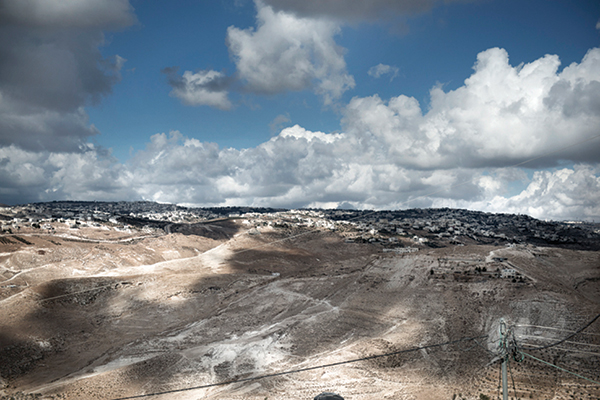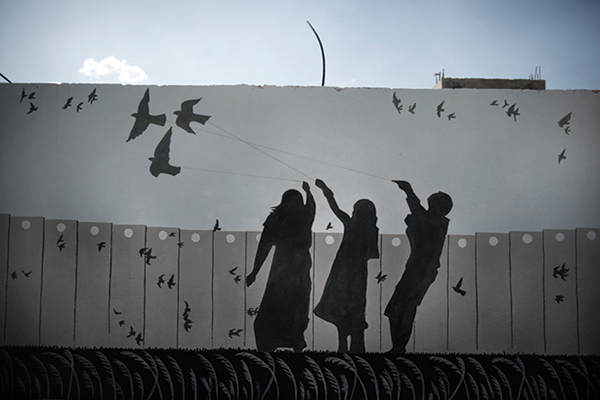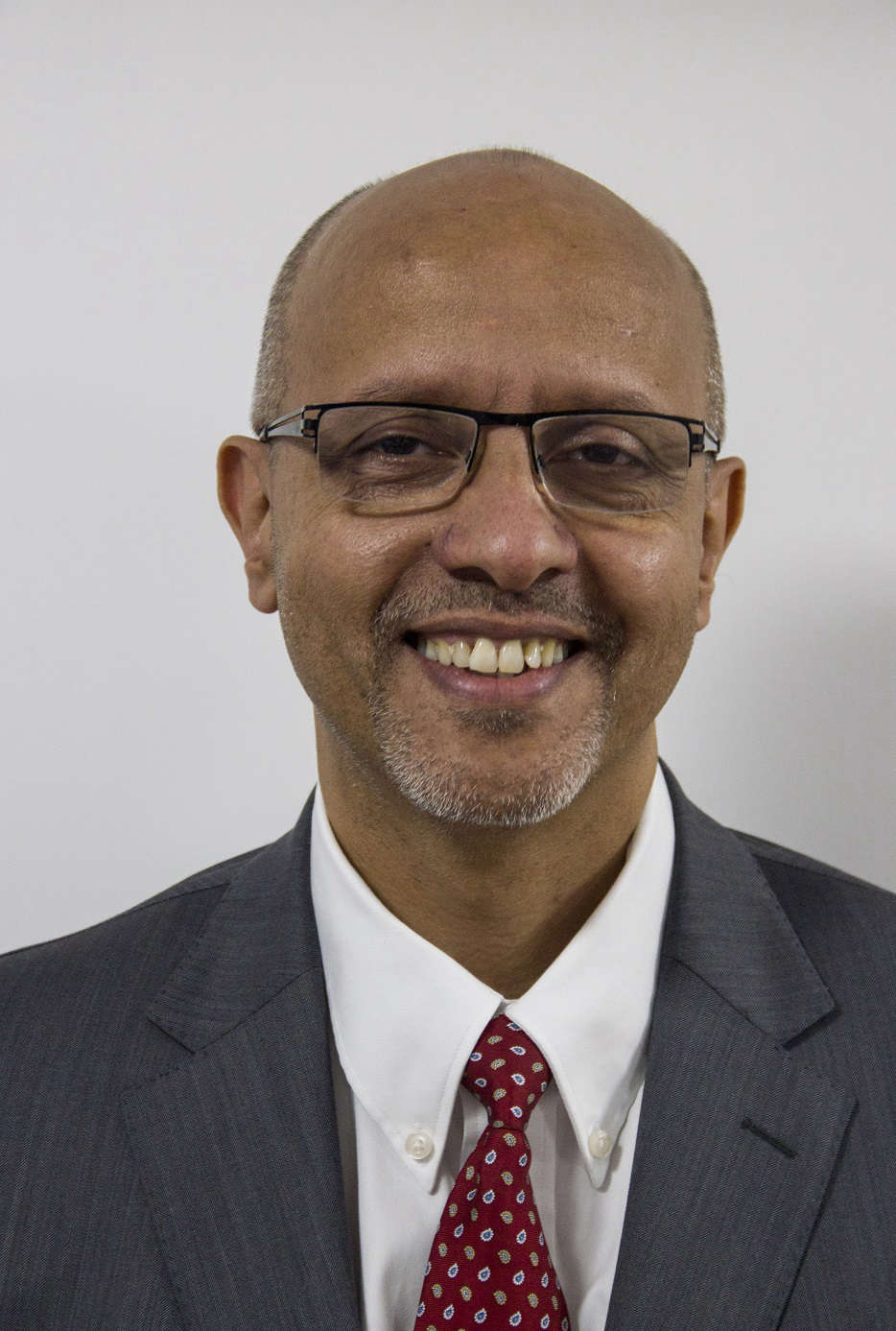
Op-ed by: Roberto Valent
Special Representative of the Administrator
UNDP’s Programme of Assistance to the Palestinian People
Across the globe, world leaders have adopted the new Sustainable Development Goals (SDGs) that are essentially an agreed-upon vision to put people and the planet on a sustainable path by 2030. This will form the bedrock of a new development agenda that can set the world on a course of action to end poverty, transform lives, and protect the planet.
The Goals spell out how we can and must work together to promote dignity, equality, justice, shared prosperity, and well-being for all – while protecting the environment. I have learned from my work with the United Nations Development Programme (UNDP) that setting goals and targets is effective: and we are the first generation that can end poverty and the last one that can avoid the worst effects of climate change.
Millions of people’s lives have improved due to concerted efforts to achieve the Millennium Development Goals that serve as the foundation for the next global development agenda. Some MDG targets have already been met, i.e. reducing poverty, increasing access to improved drinking water sources, improving the lives of slum dwellers, and achieving gender parity in primary schools.
Over the past twenty years, the likelihood of a child dying before the age of five has been cut nearly in half; globally, the maternal mortality rate dropped by nearly half; more people than ever before are receiving antiretroviral therapy for HIV-infection; more than six million deaths from malaria were averted due to a substantial expansion of malaria interventions. Enormous progress has been made, which shows the value of a unifying agenda underpinned by goals and targets.
Yet despite this progress, the indignity of poverty has not been ended for all, which is why the seventeen new Goals will continue the journey towards progress for everyone, a journey which aims to go even farther: to focus the world on ending poverty, hunger, and major health problems and to break new ground by setting goals and targets regarding inequalities, economic growth, decent jobs, energy, climate change, peace and justice, and more.
The government of the State of Palestine has made important achievements in the pursuit of the Millennium Development Goals (MDGs). However, in light of the occupation and the challenges facing Palestinian development, the localization of the SDGs warrants particular attention to the Palestinian context, especially in Area C of the West Bank and in East Jerusalem. According to the 2014 Human Development Report, the State of Palestine scored higher than the calculated average for the Arab-country region group in health and education, but it fell significantly below other Arab countries in the “decent standards of living” measure of GNI (average of US$ 15,817 per capita). While notable progress has been made in education, two areas still require special attention: preschool education and accessibility of education in general and in all regions. If these areas are improved, if infrastructure for education is further developed, and additional progress is achieved in enrollment rates, education targets will be met in the State of Palestine.
I believe, we will achieve substantial results by taking on together the many interconnected challenges we face. Taking action to achieve the Global Goals and building greater shared prosperity is in everybody’s best interest and provides enormous investment opportunities that will benefit all people and the entire planet. Success in this new ambitious agenda for global action will be driven by leaders, governments, and people, especially at the local level. The Goals should matter to all of us: we all have a shared responsibility for our future.

By working united, shared problems can be overcome. With new, interconnected Sustainable Development Goals that apply to all, we can go much further in order to end all forms of poverty, ensure that no one is left behind, tackle unsustainable practices, and chart a dignified future for all people in all countries.
Therefore, the establishment of an environment conducive towards supporting Palestinian resilience and the right to freedom, dignity, and self-determination will propel the achievement of the SDGs in the State of Palestine. UNDP stands ready to support the State of Palestine as it develops its plans for making the SDGs a reality – the Sustainable Development Goals matter to Palestinians, too!
» Roberto Valent is the Special Representative of the Administrator for UNDP’s Programme of Assistance to the Palestinian People (UNDP/PAPP). Prior to his current position, Mr Valent was the UN Resident Coordinator and UNDP Resident Representative in El Salvador and Belize. From 2007-2010, Mr Valent was Deputy Special Representative at UNDP/PAPP. From 2005-2007 he was Deputy Country Director in the Democratic Republic of Congo, and assigned as Deputy Resident Representative in Sudan from 2002-2005. Mr. Valent began his career with UNDP in 1995 in Albania. An Italian national, Mr Valent holds a BA and a Master’s Degree in Political Sciences from Bologna University, Italy, followed by another Master’s Degree in International Relations from Sussex University, United Kingdom.


